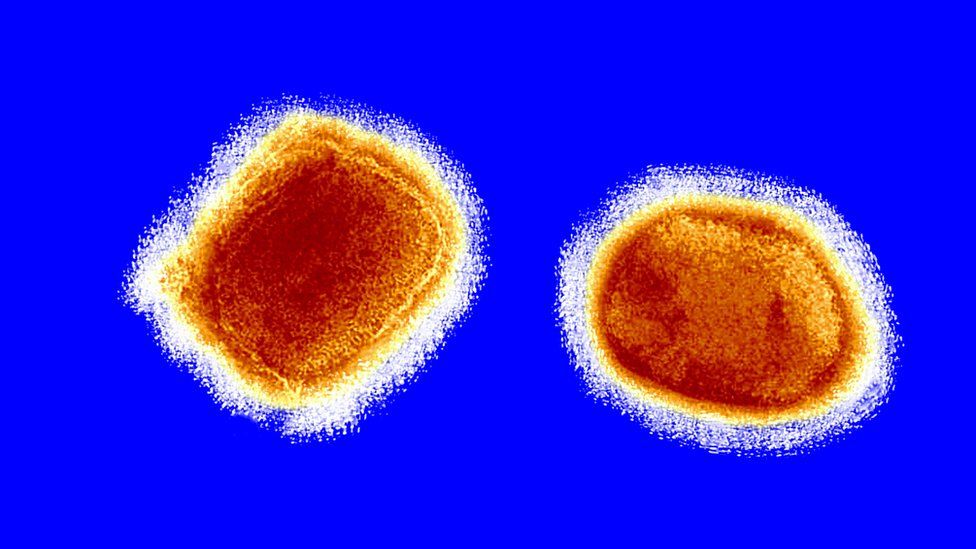
Dear healthcare provider,
Please read the CDC Health Advisory on Monkeypox Virus Infection in the United States and Other Non-endemic Countries.
- CDC Health Advisory: https://emergency.cdc.gov/han/2022/han00466.asp
Please report suspected cases of Monkeypox virus infection to Kitsap Public Health District 24/7 by calling 360-728-2235 or use the Reportable Disease Fax Form and fax to 360-813-1168 with any corresponding lab results.
Please be aware of the following additional instructions and guidance:
- The local/tribal health jurisdiction will help to arrange orthopoxvirus testing at the Washington State Department of Health Public Health Laboratory (PHL). This testing can confirm presence of a poxvirus and rule out smallpox.
- Confirmatory testing for Monkeypox virus will be performed at the CDC, which PHL will arrange.
- We encourage providers to assess and test for alternative etiologies, which may include herpes simplex, syphilis, and varicella, among other diseases. Testing for differential diagnoses will not be completed at PHL and should be completed through routine clinical laboratories as appropriate.
- Providers should collect a minimum of two specimens for Monkeypox virus testing; one swab will be tested at PHL, and the second swab will be shipped to CDC for confirmatory testing.
- Providers should wear personal protective equipment (PPE) following contact + airborne precautions (including gown, gloves, eye protection, and fit-tested respirator) when providing care to and collecting specimens from patients with suspected Monkeypox virus infection.
- Collect at least 2 specimens as directed in the attached CDC Health Advisory, but please note the following:
- 1 specimen should be collected from a dry lesion and placed into a sterile specimen container with no viral or transport media.
- 1 additional specimen can be collected from any stage of lesion and placed into a separate sterile specimen container with no viral or transport media.
- Refrigerate (2–8°C) or freeze (-20°C or lower) specimens within an hour after collection.
- Refrigerated specimens should be sent within 7 days of collection; frozen specimens should be shipped within 60 days of collection. Shipping on dry ice is strongly recommended.
